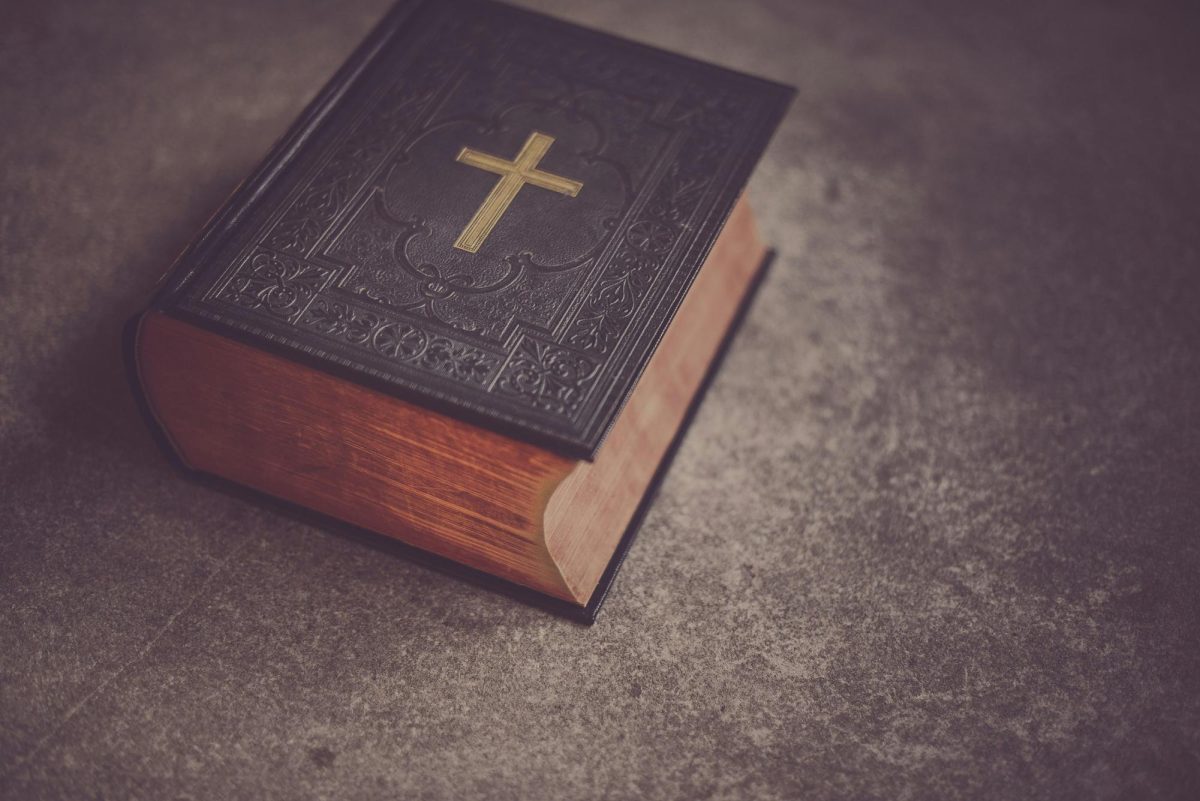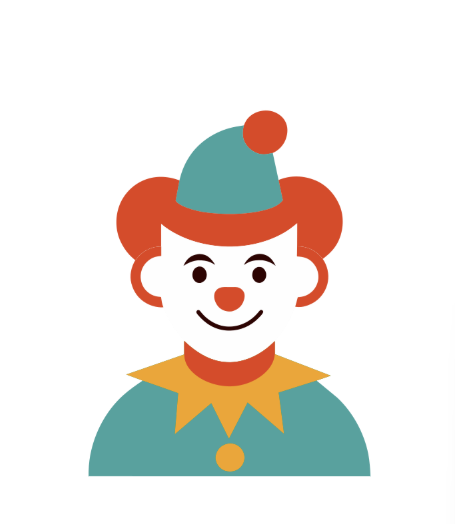On March 22, actress Sydney Sweeney’s newest movie “Immaculate” was released in theaters and has met mostly positive reviews and grossed a total of 9.2 million worldwide, according to boxofficemojo.com. The movie centers around a young nun named Cecilia who is invited to work and live at a convent in Italy, only to realize that the convent is full of terrible secrets.
While I don’t usually see horror movies, I decided to see this film because it intrigued me. I did read the plot beforehand, so I wouldn’t experience any awful jumpscares (though the movie was still very terrifying). Spoilers ahead, but basically the big secret of the Italian convent is that the priest has a crucifixion nail from the cross that Jesus died on and has been experimenting with the DNA from the nail to create a new Jesus (or antichrist) to be implanted into one of the nuns. It does not become successful until Cecilia, who is then deemed a new virgin Mary, is praised by the rest of the convent. Cecilia tries to escape and several gruesome scenes then play out from her beating the Mother Superior with a crucifix to choking the cardinal with a rosary. I won’t spoil the final ending but since it is a horror movie, you can expect something shocking.
After watching the movie, I was obviously very horrified and unsettled. Sydney Sweeney’s performance was amazing, but I couldn’t stop thinking about the movie’s terrifying scenes for the rest of the day. This made me wonder about religion’s place in the horror genre. Religious horror movies have been around forever and are also some of the most iconic, such as “The Exorcist,” “The Omen” and “Rosemary’s Baby.” It makes sense for these movies to be popular, since they use common horror movie tropes such as demons, possession and eternal punishment. However, it wasn’t until after I watched Immaculate, that I realized just how offensive and sacrilegious this genre can be to different faiths. Using a crucifix and rosary as violent weapons instead of recognizing that they are holy objects that people use for prayer can be really harmful to that community. And this isn’t just in regards to Christianity. Many other religions have also been present and tested in horror movies such as the 2015 film “JeruZalem” and 2012 film “The Golem” that have elements of Judaism and could be interpreted as making fun of the religion. The 2012 movie “The Possession” is also based on Jewish folklore and centers around a dybbuk (a demon) that targets a Jewish family.
Now some people might argue that audience members should know what they’re getting into when it comes to watching these types of horror movies and that if they don’t like the content, they just shouldn’t watch them. They’re not to be taken seriously and are just meant for entertainment. In some ways, that’s completely true. However, religion can be such a delicate topic in the media and politics these days and there will always be people who feel offended by these types of films, since it relates to their sacred religion and practices. Is there a way that the horror genre and Hollywood can still be entertaining without using religion to their advantage? Can the two be separated without consequence? Or is it really not that big of a deal and people should just consume the media that they see fit for themselves? These questions cannot be answered overnight, or any time soon, since everyone is entitled to their own beliefs and opinions. However, it is a concept that is worth deliberation, whether or not you consider yourself religious.


